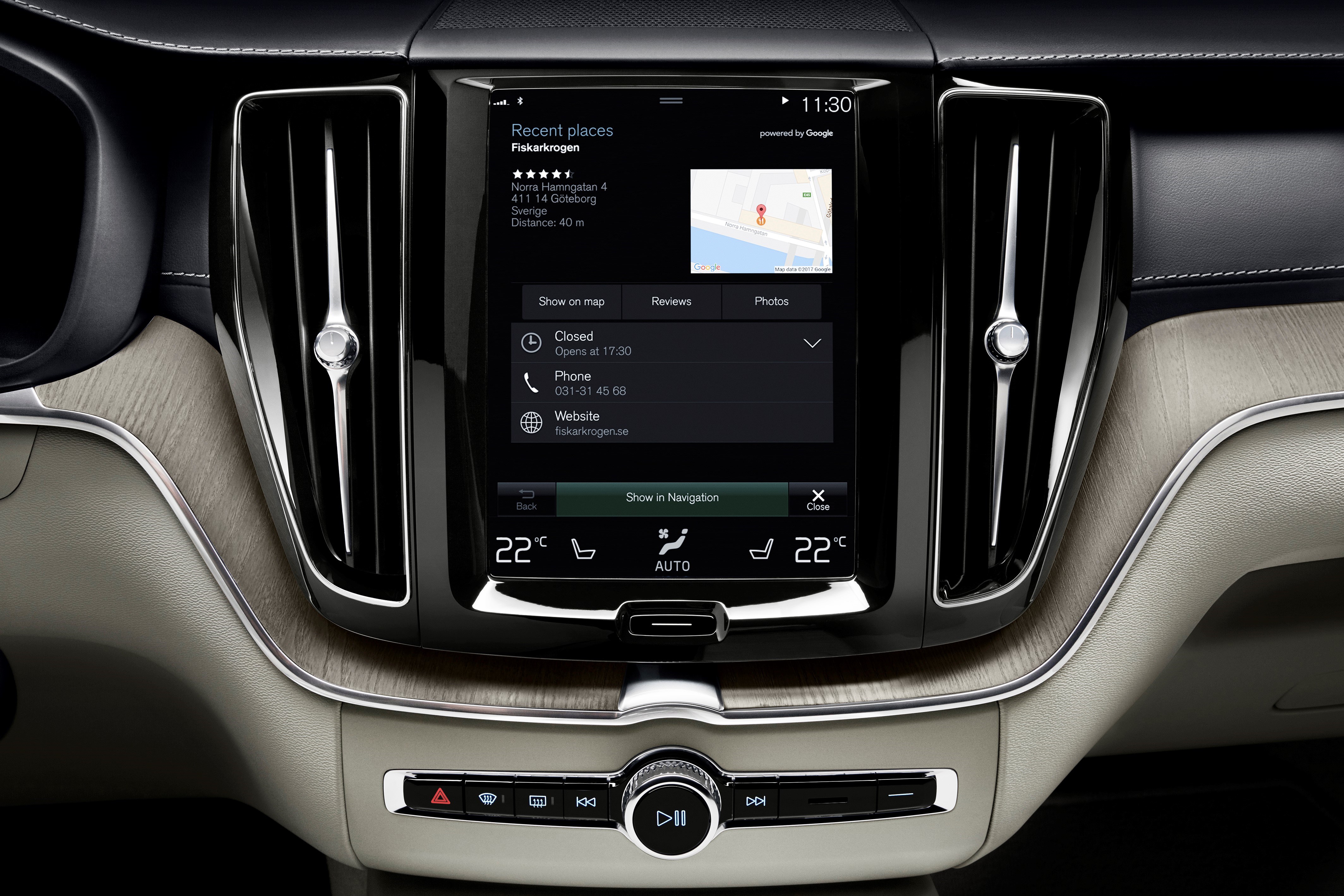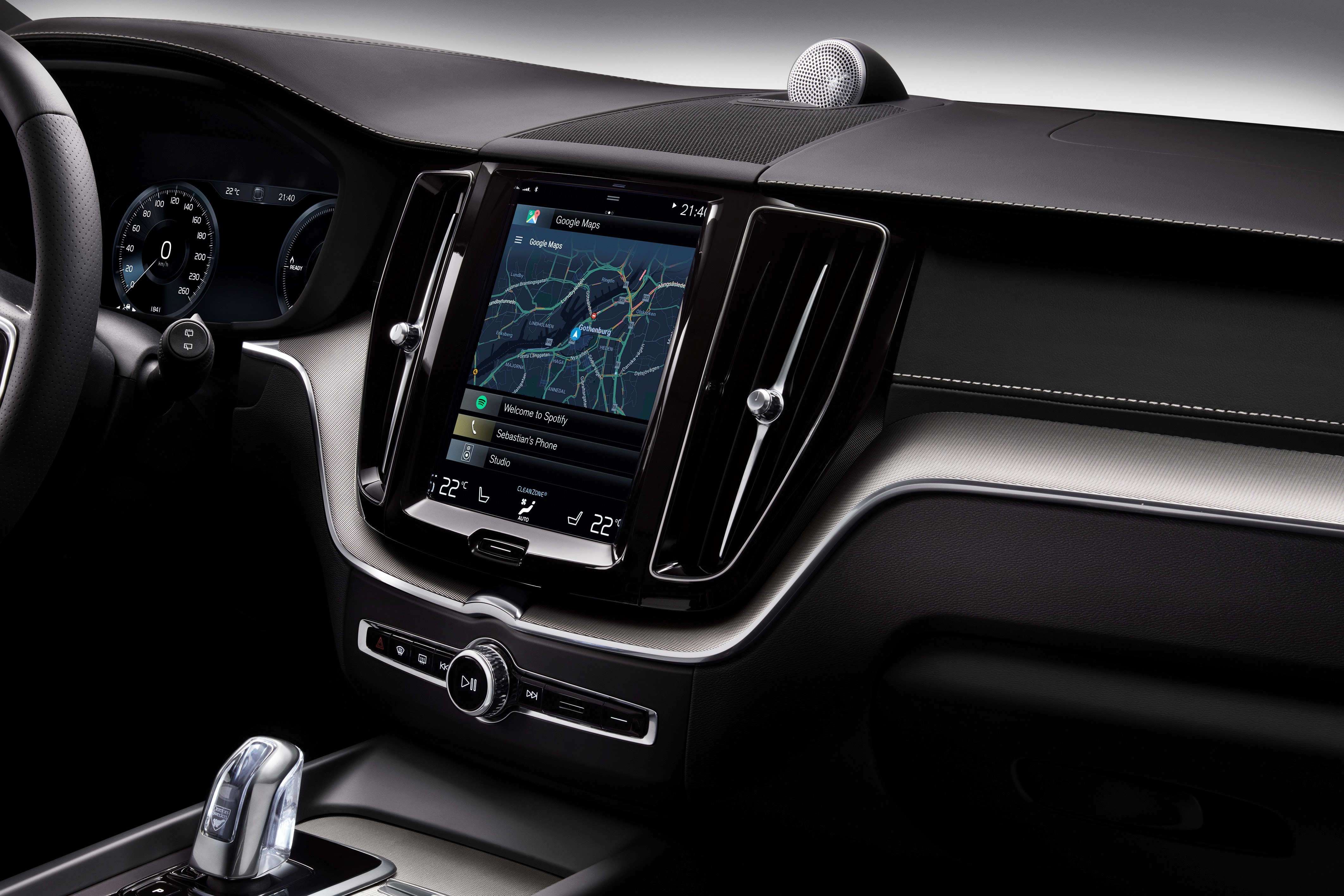CTO Blog: Aptiv teams with Volvo and Google to amp up infotainment and connectivity
There’s been a lot of talk around the convergence of the automotive and technology industries. But how does this happen? With a profound knowledge of the automotive infotainment space, Aptiv knows what it takes to make these incredibly complex systems work safely – all the time, in any condition.
There is a shift happening. Vehicles are becoming increasingly defined by software, and there is an increasing demand for more connectivity and personalization.
Showcasing this shift is Volvo Cars recent announcement of their partnership with Google to develop the next generation of its in-car infotainment and connectivity solution based on Android. But what you don’t see is our work that went on to make this technology come to life.
What makes this enhanced user experience possible? Two things – the computing platform and software. Aptiv and Volvo Cars engineers developed the complex software algorithms needed to enable the next-generation features. Also, the team created the infotainment computing platform with the horsepower and data transmission speeds to support these features.
Aptiv used the Agile engineering framework to bring this project to life, with engineers around the globe, in ‘scrums’ or teams. These teams partnered with Volvo Cars and Google, in order to move this project on a rapid pace with efficiency, resulting in a higher-level of technology personalization and engagement in the new Volvo.
The integration aims to revolutionize how Volvo customers engage and interact with their cars. The large catalogue of popular Android apps – developed by Google, Volvo Cars, or third party app developers – will offer connected services in and around the car.
This means future Volvo owners will be able to use the Google Assistant to operate many functions in the vehicle’s infotainment system – from adjusting cabin temperature, to performing search queries, getting directions and even sending messages – all without needing to first connect a smartphone. Aptiv is creating and designing hardware and software that enables a seamless, and safe personalized user experience.
There is tremendous excitement for this technology. At Google I/O, Google’s annual developer conference, the Volvo XC40 equipped with this system had long lines of people who wanted to see and experience it for themselves.
Being part of this confluence of automotive and technology is both exciting and rewarding. Aptiv is like a bridge – in this case between Silicon Valley and Gothenburg, Sweden – the home of Volvo Cars. We speak the languages of both the car and software, and can merge these complex worlds together for the benefit of the consumer.


